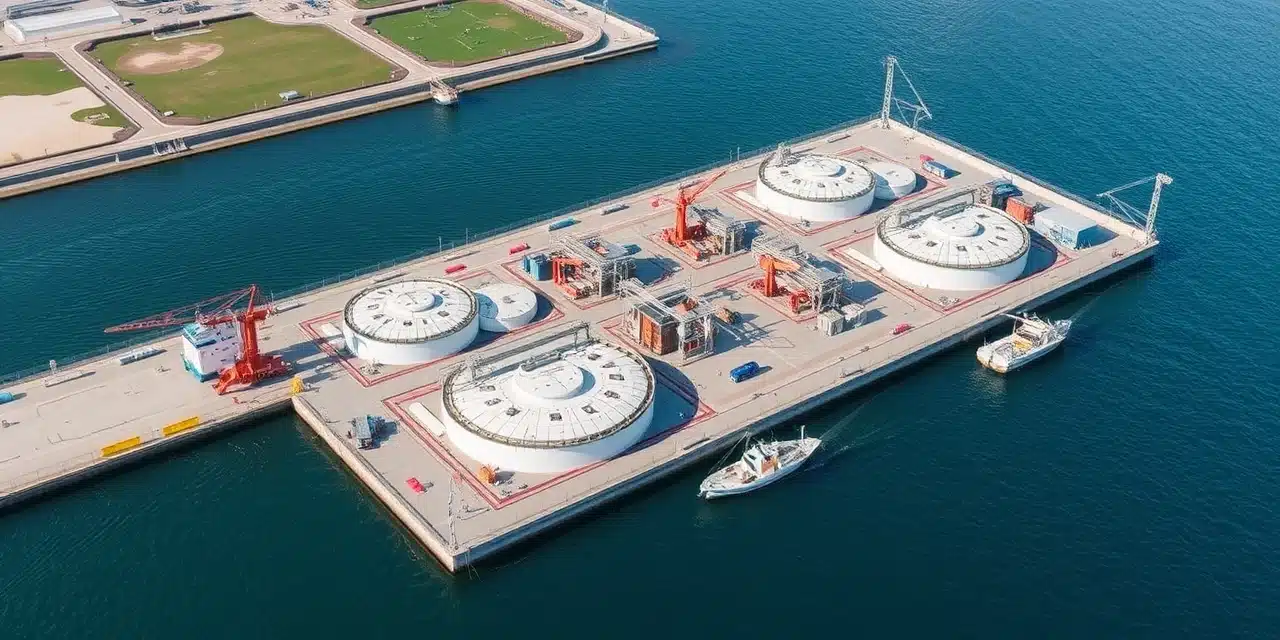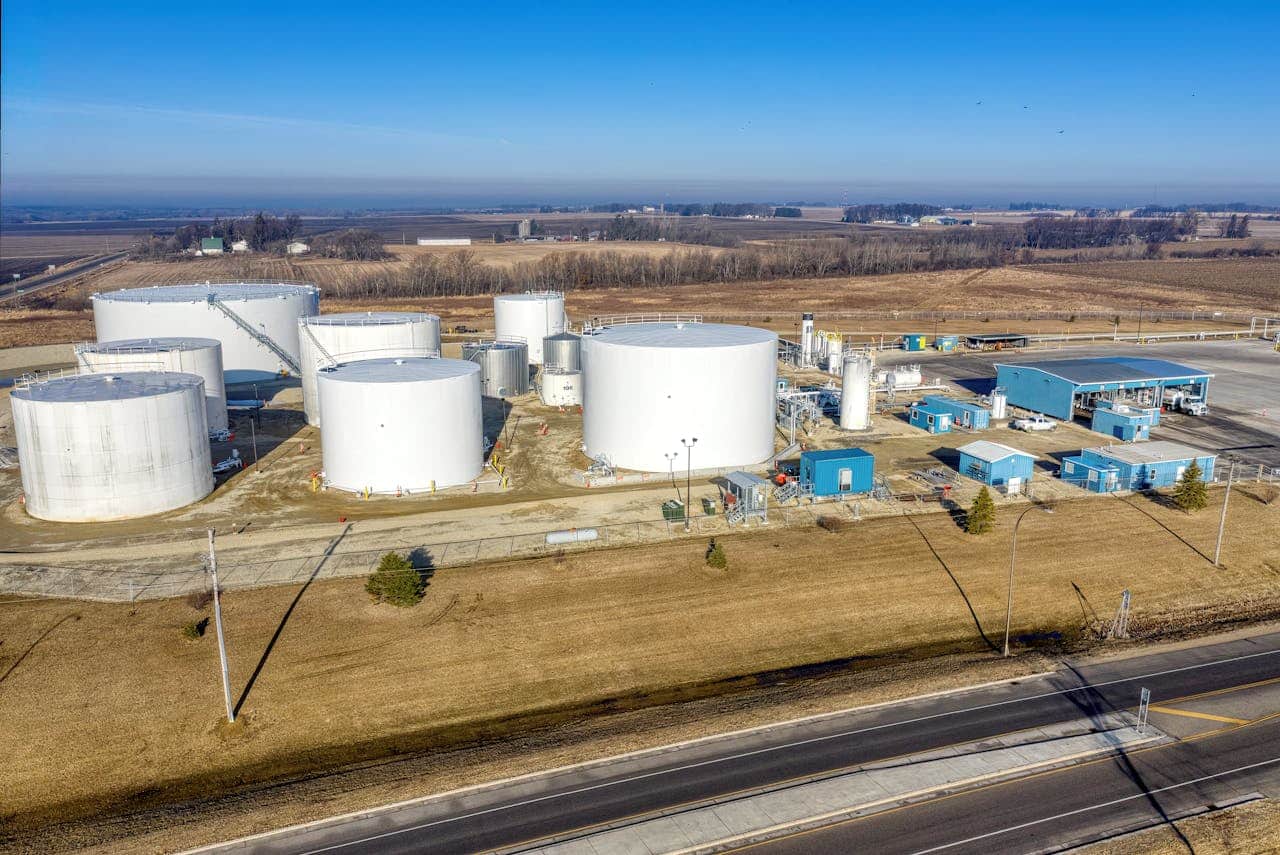Certificate in Commercial Energy Management

| Date | Format | Duration | Fees (USD) | Register |
|---|---|---|---|---|
| 22 Dec - 09 Jan, 2026 | Live Online | 15 Days | $11515 | Register → |
| Date | Venue | Duration | Fees (USD) | Register |
|---|---|---|---|---|
| 01 Dec - 19 Dec, 2025 | Manama | 15 Days | $12525 | Register → |
Did you know that commercial buildings account for 40% of global energy consumption and 30% of carbon emissions? The global energy management systems market is projected to grow from USD 49.01 billion in 2025 to USD 84.34 billion by 2029, at a CAGR of 13.8%.
Course Overview
The Certificate in Commercial Energy Management by Alpha Learning Centre is meticulously designed to equip building owners and facility management professionals with essential skills for optimising building performance and energy efficiency. This course focuses on building commissioning legislation, energy performance optimization, and current building automation systems to ensure organisations can effectively navigate complex energy management challenges.
Why Select This Training Course?
Selecting this Commercial Energy Management Course offers numerous advantages for professionals involved in building systems and facility management. Participants will gain advanced knowledge of building commissioning agents’ roles, energy efficiency strategies, and methods to enhance building performance. The course provides hands-on experience with cutting-edge building automation systems and energy monitoring tools, enabling attendees to optimise commercial energy management effectively.
For organisations, investing in this training enhances overall building performance and reduces operational costs. By ensuring that personnel are well-trained in energy management protocols, organisations not only protect their assets but also build sustainable practices. Research shows that organisations implementing comprehensive energy management systems experience significant cost reductions and increased efficiency in operations, with the hardware segment dominating the market due to its crucial role in real-time energy monitoring and control.
Individuals who complete this course will benefit from enhanced career prospects as they become more valuable assets in their respective fields. The skills acquired through this training can lead to professional growth and increased responsibilities within their organisations. According to the International Energy Agency, global energy consumption is estimated to increase by 30% by 2040, creating significant career opportunities for trained energy management professionals. Another recent study by Deloitte indicates that renewable energy is entering a new phase of growth, offering expanded career prospects for professionals with energy management expertise.
Transform your energy management capabilities – Register now for this critical advanced training programme.
Who Should Attend?
This Certificate in Commercial Energy Management is suitable for:
- Energy managers
- Facility managers
- Sustainability officers
- Building operations managers
- Energy consultants
- Environmental engineers
- Project managers
- Utility managers
- HVAC professionals
- Renewable energy specialists
What are the Course Objectives?
The objectives of this training course are to enable professionals to:
- Master energy auditing techniques
- Develop energy efficiency strategies
- Enhance renewable energy integration
- Strengthen sustainability practices
- Improve regulatory compliance
- Optimise energy management systems
- Advance data analytics skills
How will this course be presented?
The Commercial Energy Management Course employs a comprehensive and innovative approach to ensure maximum knowledge retention and skill development. Expert-led instruction from seasoned energy management professionals forms the core of the course, providing up-to-date insights into building performance ordinance and practical applications for today’s commercial sector.
The course utilises a blend of theoretical lectures and practical applications, allowing participants to apply their knowledge to realistic scenarios. Advanced educational methodologies create a personalised and engaging learning journey through energy monitoring simulations, building commissioning workshops, and advanced case study analysis. Hands-on skill development is emphasised through current building automation systems and energy performance optimization exercises.
Collaborative learning is fostered through certified professionals directory networking and building owner training sessions, enabling participants to learn from diverse perspectives and experiences.
Join us now and elevate your energy management expertise to new heights!
Course Syllabus
Module 1: Energy Auditing and Assessment
- Comprehensive energy audit techniques
- Identifying energy-saving opportunities
- Load profiling and analysis
- Energy performance benchmarking
- Data collection and analysis methods
- Energy use intensity calculations
- Audit report preparation
- Cost-benefit analysis
- Measurement and verification protocols
- Energy audit software tools
Module 2: Energy Efficiency Strategies
- Building envelope optimisation
- Lighting system upgrades
- HVAC system efficiency improvements
- Motor and drive efficiency
- Process optimisation techniques
- Behavioural change initiatives
- Demand-side management
- Energy efficiency financing options
Module 3: Renewable Energy Integration
- Solar energy systems design
- Wind energy applications
- Biomass and bioenergy solutions
- Geothermal energy utilisation
- Energy storage technologies
- Grid integration challenges
- Renewable energy policy frameworks
- Financial incentives and subsidies
- Project feasibility analysis
- Environmental impact assessment
- Case studies on successful integration
Module 4: Sustainability and Environmental Management
- Sustainability assessment frameworks
- Carbon footprint reduction strategies
- Water conservation techniques
- Waste management practices
- Green building certifications
- Life cycle assessment methods
- Corporate sustainability reporting
- Environmental compliance requirements
Module 5: Energy Management Systems
- ISO 50001 implementation
- Energy management software tools
- Real-time energy monitoring systems
- Automated control systems
- Data analytics for energy management
- Performance tracking and reporting
- Continuous improvement processes
- System integration challenges
- Cybersecurity considerations
- Case studies on successful implementation
Module 6: Regulatory Compliance and Standards
- Compliance with energy efficiency regulations.
- Understanding LEED, BREEAM, and other certifications.
- Energy Star for buildings and equipment.
- Local and national energy policies affecting businesses.
- Carbon reduction commitments and reporting.
- ISO 50001 Energy Management System standards.
- Legal implications of energy management practices.
- Navigating subsidies and incentives for energy efficiency.
- Preparing for energy audits and compliance checks.
- Environmental laws impacting energy use.
- Renewal of certifications and continuous compliance.
- Ethical considerations in energy management.
Module 7: Financial Analysis and Project Management
- Energy project financing options
- Cost-benefit analysis techniques
- Return on investment calculations
- Risk assessment and management
- Project planning and scheduling
- Resource allocation and budgeting
- Performance measurement and evaluation
- Stakeholder engagement strategies
- Contract management
Module 8: Advanced Data Analytics for Energy Management
- Data collection and processing techniques
- Predictive analytics applications
- Machine learning for energy optimisation
- Real-time data visualisation
- Energy consumption forecasting
- Anomaly detection and diagnostics
Module 9: Smart Grid and Demand Response
- Smart grid technologies and applications
- Demand response strategies
- Load shifting and peak shaving
- Grid reliability and resilience
- Advanced metering infrastructure
- Communication protocols
- Regulatory frameworks
- Case studies on smart grid implementation
Module 10: Emerging Technologies in Energy Management
- Internet of Things (IoT) applications
- Artificial intelligence in energy management
- Blockchain for energy transactions
- Advanced energy storage solutions
- Microgrid development
- Virtual power plants
- Energy-as-a-service models
- Innovative business models
- Technology adoption challenges
- Future trends and opportunities
- Case studies on emerging technologies
Module 11: Behavioural Change and Stakeholder Engagement
- Behavioural change theories and models
- Employee engagement strategies
- Communication and awareness campaigns
- Training and education programs
- Stakeholder collaboration and partnerships
- Community engagement initiatives
- Feedback and recognition systems
- Monitoring and evaluation of engagement efforts
- Case studies on successful engagement
Module 12: Human Factors in Energy Management
- Ergonomics in energy-efficient work environments.
- Psychological aspects of energy conservation.
- Training for energy management roles.
- Motivation and engagement in energy initiatives.
- Leadership in fostering an energy-conscious culture.
- Change management for energy policy adoption.
- Communication strategies for energy efficiency.
- Addressing resistance to energy-saving measures.
- Health and safety in energy management contexts.
- Workforce development for energy roles.
- Ethical leadership in energy decision-making.
- Continuous learning and professional development.
Training Impact
The impact of commercial energy management training is evident through various real-world case studies and data, which demonstrate the effectiveness of structured programmes in enhancing building performance and operational efficiency.
Research indicates that organisations implementing structured energy management programmes have demonstrated measurable benefits in both cost reduction and environmental impact. Studies show that companies investing in energy management systems achieve significant improvements in energy efficiency through real-time monitoring, predictive maintenance, and process automation.
These case studies highlight the tangible benefits of implementing advanced energy management techniques:
- Improved building systems and facility management
- Enhanced understanding of building performance ordinance
- Increased effectiveness in energy efficiency
- Reduced operational costs through optimisation
By investing in this advanced training, organisations can expect to see:
- A significant improvement in building performance metrics
- Improved ability to handle complex energy management challenges
- Enhanced decision-making capabilities in facility operations
- Increased competitiveness through comprehensive energy strategies
Enhance your energy management skills – enrol in our course today!








